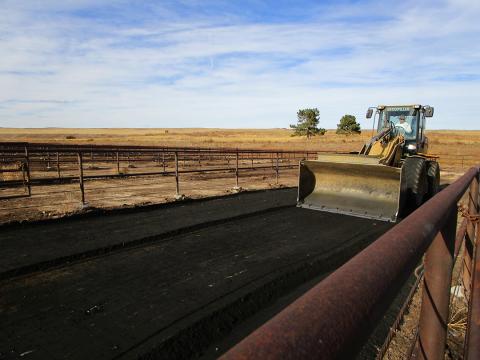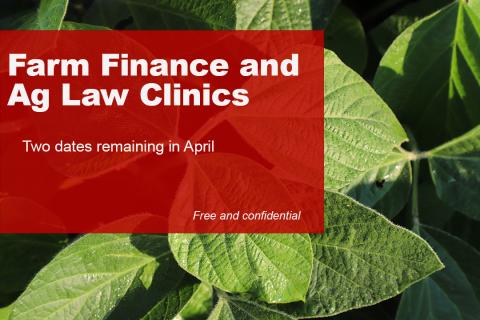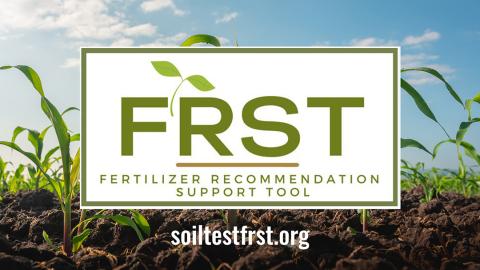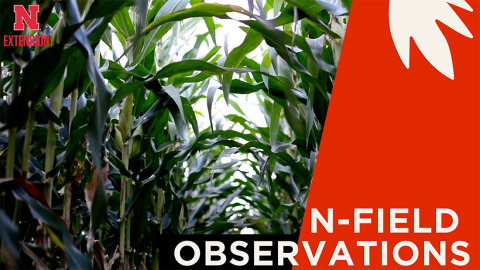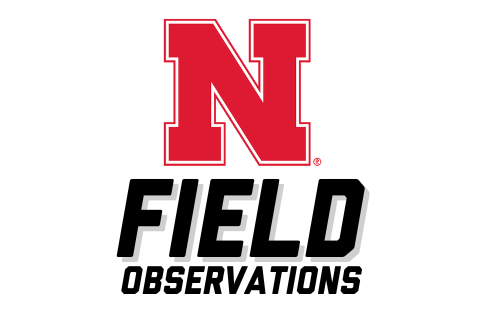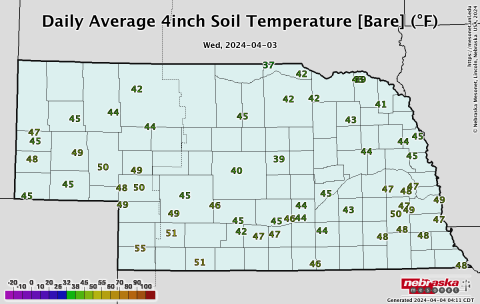Coal Char Enhances Manure and Soil Management to Improve Crop Production
April 11, 2024
A byproduct of processing sugarbeets, coal char has the potential to optimize soil nutrients and increase crop yields. In this article, UNL researchers share results of a study on incorporating coal char amendments into corn and dry bean cropland.
Free Farm and Ag Law Clinics Set for April
April 10, 2024
There are two dates left in April for producers who are interested in receiving free legal and financial services — April 25 in Norfolk and April 26 in Greeley.
Pasture and Forage Minute: Drones for Livestock Management, Drought Recovery
April 9, 2024
This week, extension educators weigh in on the pros and cons of drone use for livestock producers, and considerations for drought-damaged pastures and controlling winter annual weeds in alfalfa.

Crop Progress: Oats at 31% Planted, Wheat Condition Improved
April 9, 2024
Oat planting continues to surge ahead of average pace this year, and winter wheat crop conditions showed slight improvement following recent precipitation.
Fertilizer Recommendation Support Tool to Digitize Crop Nutrient Management Launches Nationwide
April 9, 2024
A significant advancement in soil testing, a new web-based fertilizer decision support tool will potentially save farmers millions of dollars annually while reducing excess nutrient losses to the environment.
This Week on N Field: Severe Weather
April 5, 2024
Are you prepared for severe weather in 2024? In this episode, extension reviews some of the most important aspects of preparing for weather-related emergencies on the farm.
This Week on N Field: Bomb Cyclone
April 5, 2024
Nebraska Extension Educator Amy Timmerman reflects on how the 2019 bomb cyclone affected Nebraskans, both then and now, and where individuals can seek help to cope with lingering impacts.
Weekly Weather Outlook and Update: April 4, 2024
April 5, 2024
The current outlook is favoring an early planting window in the core production areas of Nebraska, with drier conditions likely for most of the next two weeks.


